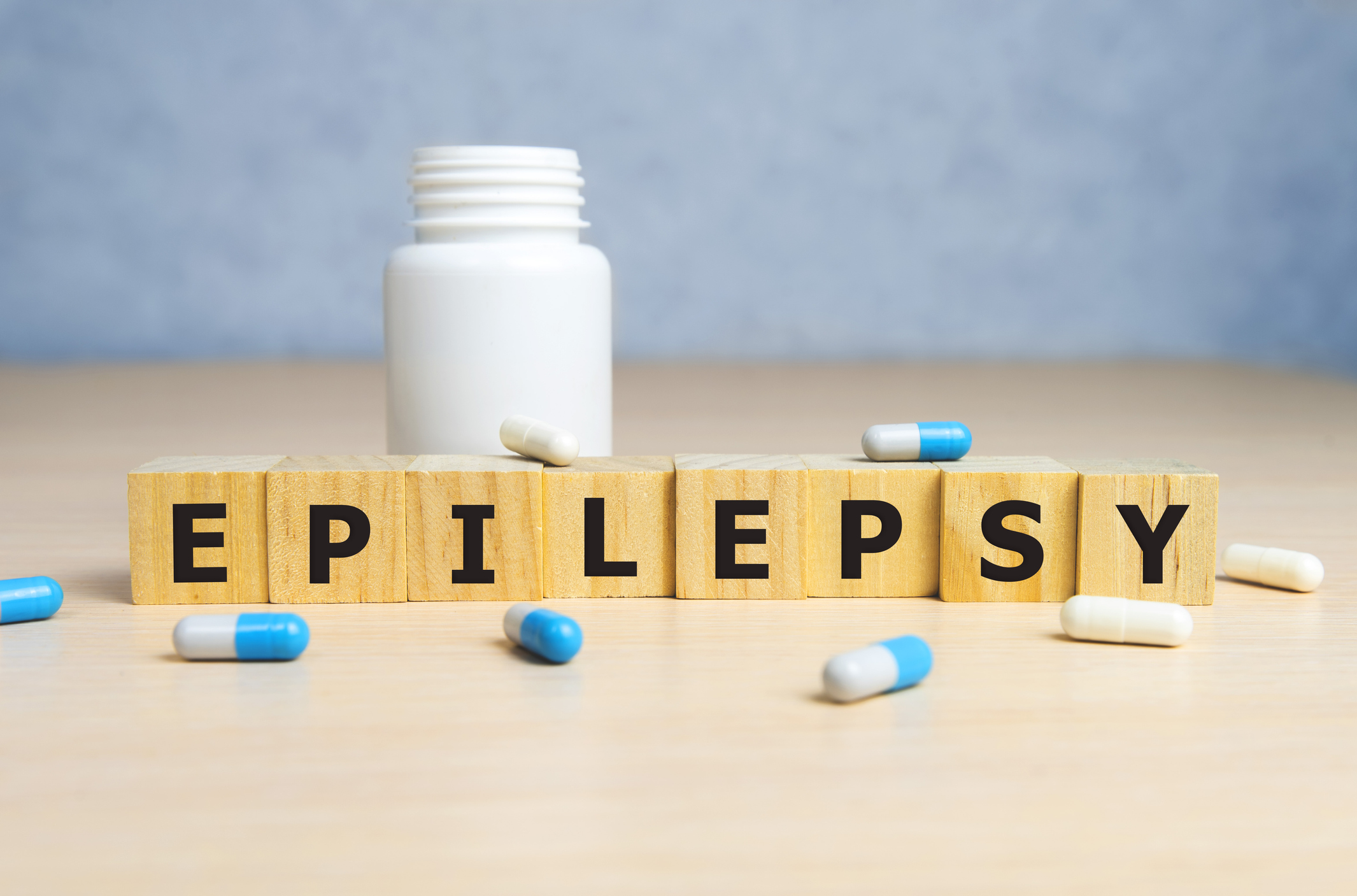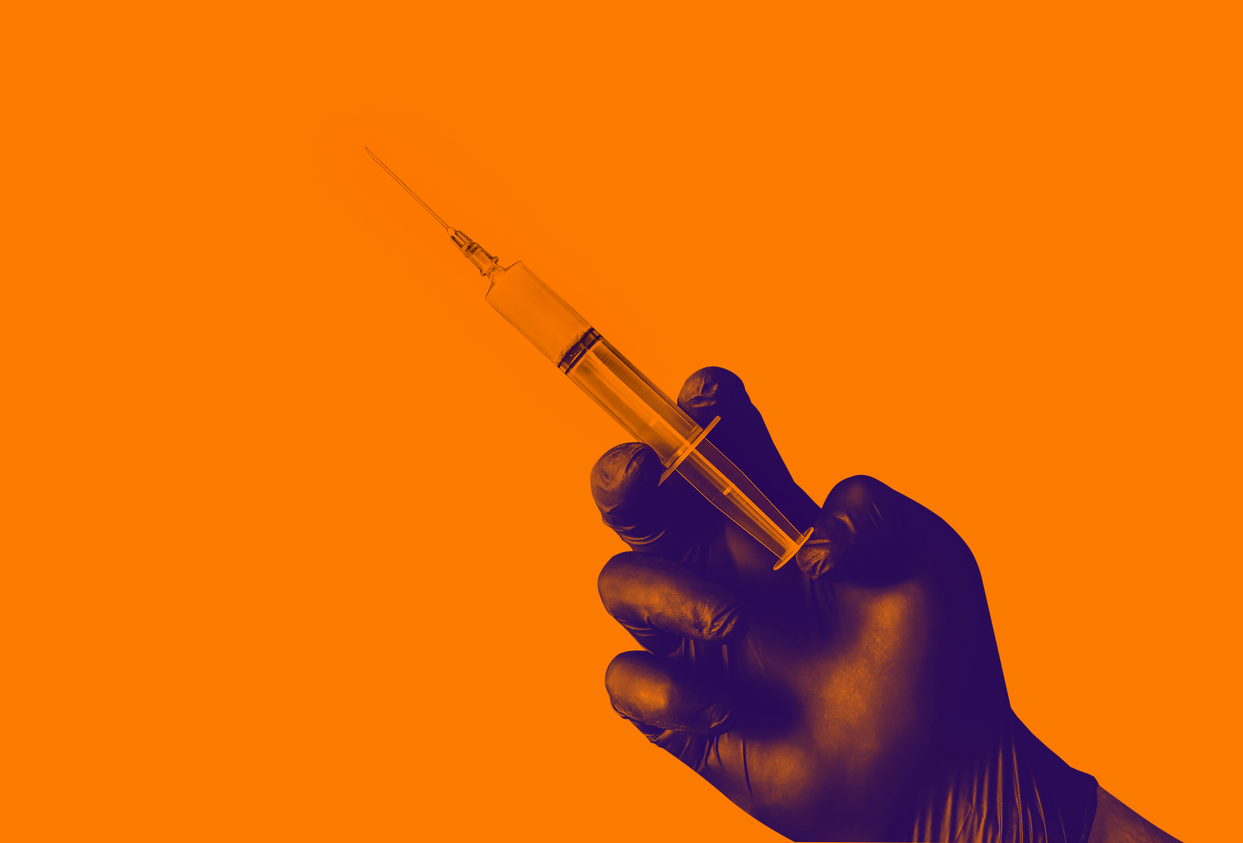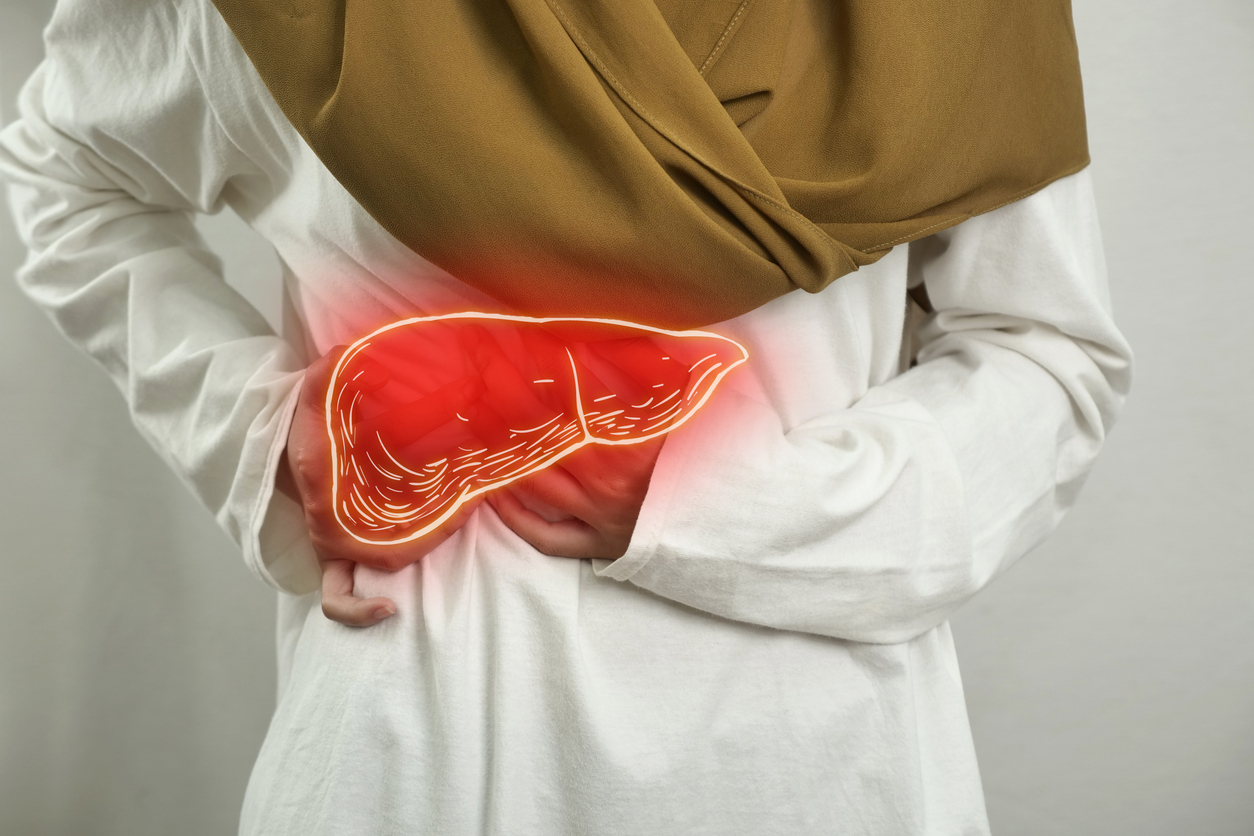2024-11-12
Monotherapy for Pediatric Focal Epilepsy: Levetiracetam vs. Carbamazepine, Which is the Better Option?
Pediatrics
Epilepsy is a chronic neurological disorder that affects approximately 1% of
the global population, including 1 in 200 children. Managing pediatric epilepsy
often relies on anticonvulsant monotherapy, but the optimal drug choice remains
a topic of debate. Levetiracetam (LEV) and carbamazepine (CBZ) are both common
treatments, each with specific benefits and distinct side effect profiles.
This study analyzed the efficacy and safety of LEV and CBZ in children and adolescents with focal epilepsy, aiming to provide clearer therapeutic guidance.
This study pooled data from four randomized controlled trials, including 381 patients, using robust statistical models to evaluate the effects of each treatment. Key outcome measures include seizure freedom and frequency, adverse event frequency (all types and those leading to treatment discontinuation), and incidence of dermatological adverse events.
Findings indicate that:
The results position LEV as a promising option for monotherapy in pediatric focal epilepsy, especially for children sensitive to dermatological side effects or requiring a reduction in seizure frequency. However, further research is needed to deepen the understanding of the efficacy and safety of these antiepileptic medications in children and adolescents and to refine recommendations for this population.
This study analyzed the efficacy and safety of LEV and CBZ in children and adolescents with focal epilepsy, aiming to provide clearer therapeutic guidance.
Levetiracetam: A More Advantageous Option in Epileptic Children?
This study pooled data from four randomized controlled trials, including 381 patients, using robust statistical models to evaluate the effects of each treatment. Key outcome measures include seizure freedom and frequency, adverse event frequency (all types and those leading to treatment discontinuation), and incidence of dermatological adverse events.
Findings indicate that:
- Both treatments showed similar efficacy in achieving seizure freedom and total seizure prevention.
- LEV demonstrated a significantly lower frequency of seizures and dermatological adverse events compared to CBZ.
- No significant difference was observed in the overall rate of adverse events or events leading to treatment discontinuation.
Levetiracetam as a Promising Therapy in Pediatric Epilepsy
The results position LEV as a promising option for monotherapy in pediatric focal epilepsy, especially for children sensitive to dermatological side effects or requiring a reduction in seizure frequency. However, further research is needed to deepen the understanding of the efficacy and safety of these antiepileptic medications in children and adolescents and to refine recommendations for this population.

Last press reviews
Could statins soothe inflammation?

By Ana Espino | Published on February 6, 2026 | 3 min read<br>
IAVI G004 trial: overview of a next generation HIV vaccine

By Carolina Lima | Published on February 5, 2026 | 3 min read
Liver, sugar, and pills: who's in control?

By Ana Espino | Published on February 4, 2026 | 3 min read<br>